Data Analyst - AI-Powered Data Analysis
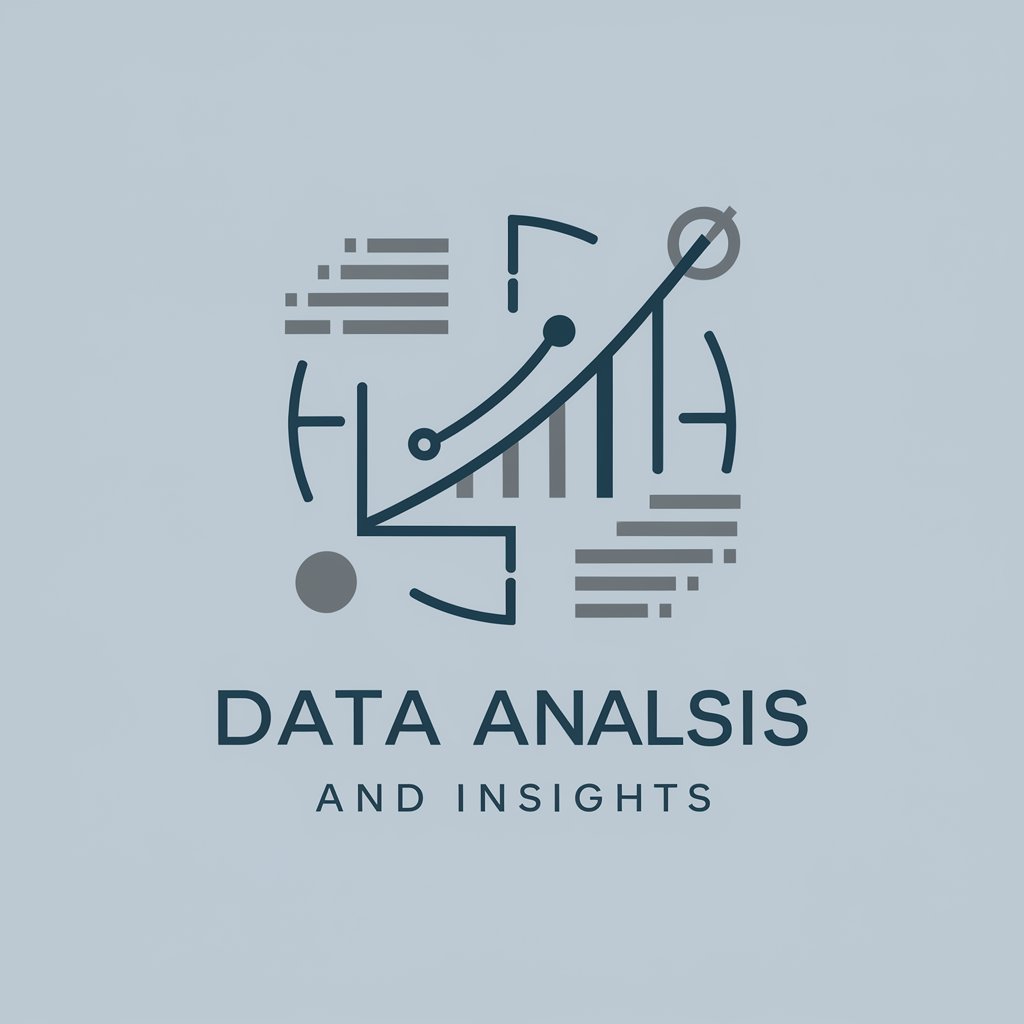
Hello! Ready to uncover data-driven insights?
Insightful Analysis, AI-Powered Decisions
Analyze the sales data for trends and patterns, focusing on...
Provide insights on the customer feedback dataset to identify...
Generate a report on the financial performance metrics, highlighting...
Evaluate the marketing campaign data to determine the effectiveness of...
Get Embed Code
Introduction to Data Analyst
Data Analyst is a specialized GPT designed to function as a virtual data analyst, aimed at analyzing data sets, identifying trends, performing statistical analysis, and providing insights for data-driven decision-making. Unlike a general-purpose chatbot, Data Analyst is tailored to offer analytical capabilities that include but are not limited to data visualization, predictive modeling, and data mining. For instance, when presented with a sales dataset, Data Analyst can identify seasonal trends, forecast future sales, and suggest areas for cost reduction or revenue enhancement. Powered by ChatGPT-4o。

Main Functions of Data Analyst
Data Visualization
Example
Generating interactive dashboards that visually represent sales data over time, helping identify peak periods.
Scenario
A retail company wants to understand their sales performance across different regions. Data Analyst processes the sales data and creates a set of interactive dashboards that highlight sales trends, regional performance, and product popularity.
Predictive Modeling
Example
Using historical data to predict future outcomes, such as customer churn or stock levels.
Scenario
An e-commerce platform seeks to reduce customer churn. Data Analyst uses historical customer data to build a predictive model that identifies at-risk customers, allowing the company to target them with retention strategies before they leave.
Statistical Analysis
Example
Conducting hypothesis testing to determine if changes in marketing strategy have led to significant differences in sales.
Scenario
A marketing agency wants to assess the effectiveness of two different advertising campaigns. Data Analyst performs a statistical analysis to compare sales data before and after each campaign, determining which campaign had a statistically significant impact on sales.
Ideal Users of Data Analyst Services
Business Analysts
Professionals who require deep insights into market trends, customer behavior, and business operations. Data Analyst can assist them in making informed decisions by providing detailed analyses and predictive insights.
Data Scientists
Experts who can leverage Data Analyst to quickly prototype models and analyses, saving time on data preprocessing and exploratory data analysis. This allows them to focus on more complex problems and model fine-tuning.
Small and Medium Enterprises (SMEs)
Businesses that might not have the resources to employ a full-time data analysis team. Data Analyst can offer them cost-effective access to advanced data analysis capabilities, helping them compete with larger entities by making data-driven decisions.

How to Use Data Analyst
Begin with a Free Trial
Start by accessing yeschat.ai to explore Data Analyst capabilities without needing to sign up for ChatGPT Plus or create an account.
Identify Your Data Analysis Needs
Determine the type of data you have and the insights or analysis you seek. This could range from statistical analysis, trend identification, to predictive modeling.
Prepare Your Data
Ensure your data is organized and clean. This may involve structuring raw data, removing duplicates, and handling missing values to facilitate accurate analysis.
Interact with Data Analyst
Provide your data (in a summarized or detailed format) and ask specific questions or request general insights. Use clear and direct language to improve the accuracy of the analysis.
Apply Insights
Utilize the insights and recommendations provided by Data Analyst to inform your decision-making process or to further refine your data analysis strategy.
Try other advanced and practical GPTs
CloudSecGPT
AI-Powered Cloud Security Insights

PR Manager
Crafting PR Success with AI
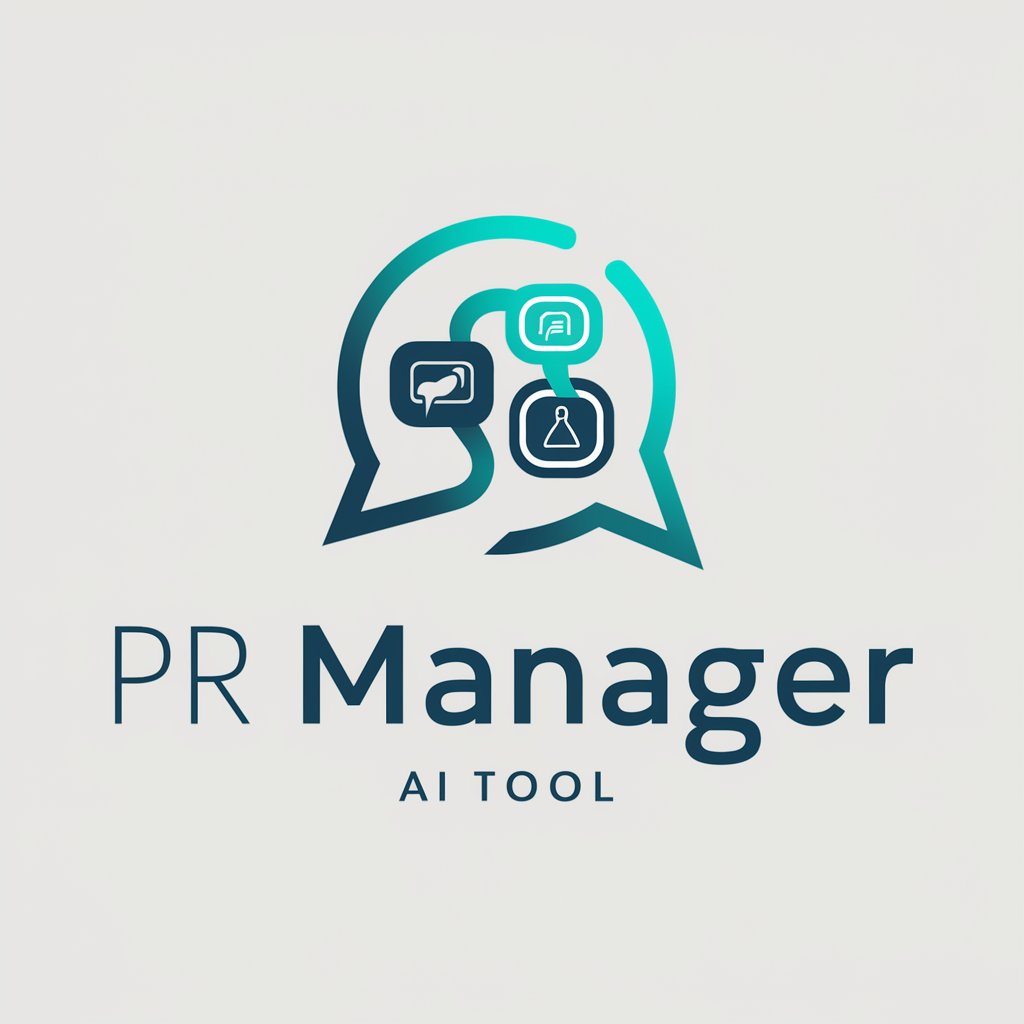
Senior Companion with Voice Support
Empowering seniors with voice-activated AI support.

Landscaping Service
Revolutionizing Landscaping with AI

Service Titles and Meta Descriptions - SUS
Elevate Your SEO with AI-Powered Optimization
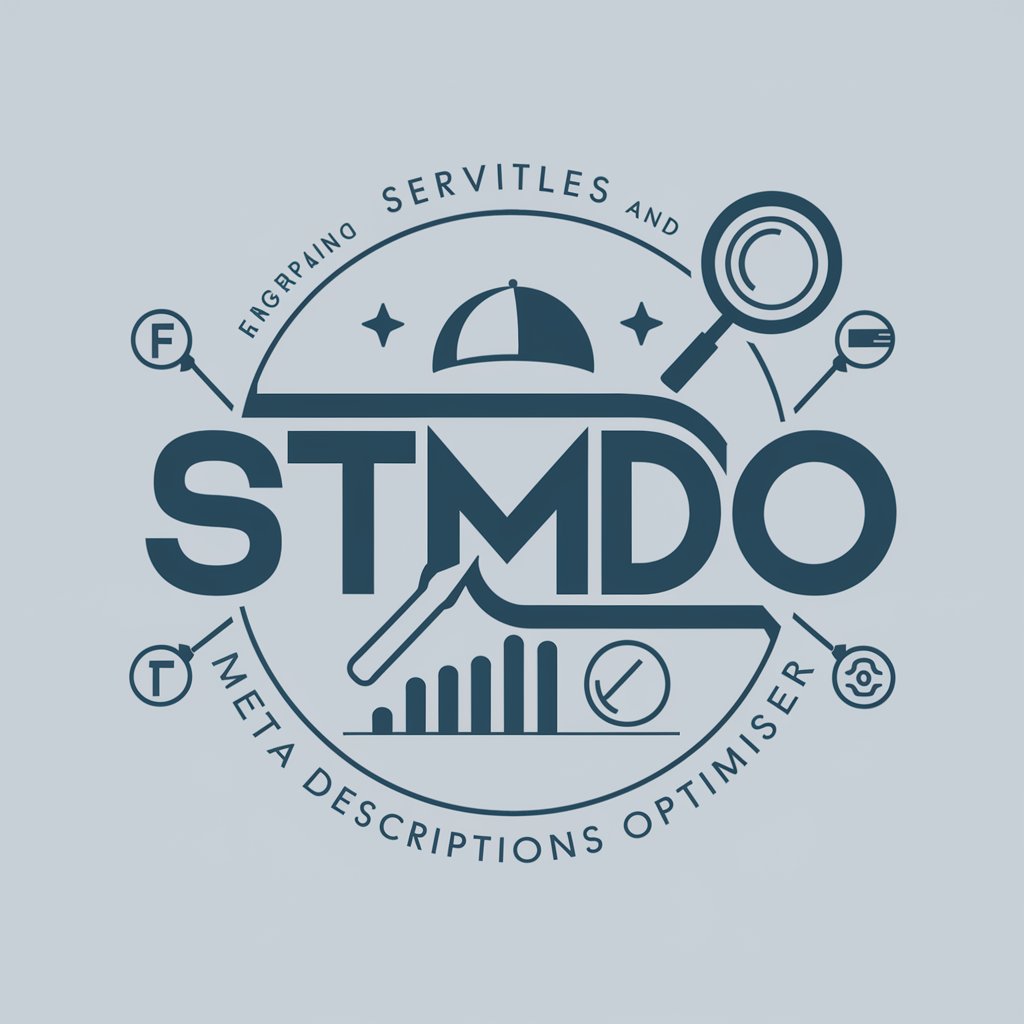
Pet Care Pro
AI-Powered Custom Pet Care Guidance

Data Science Mentor
AI-Powered Data Science Learning Companion
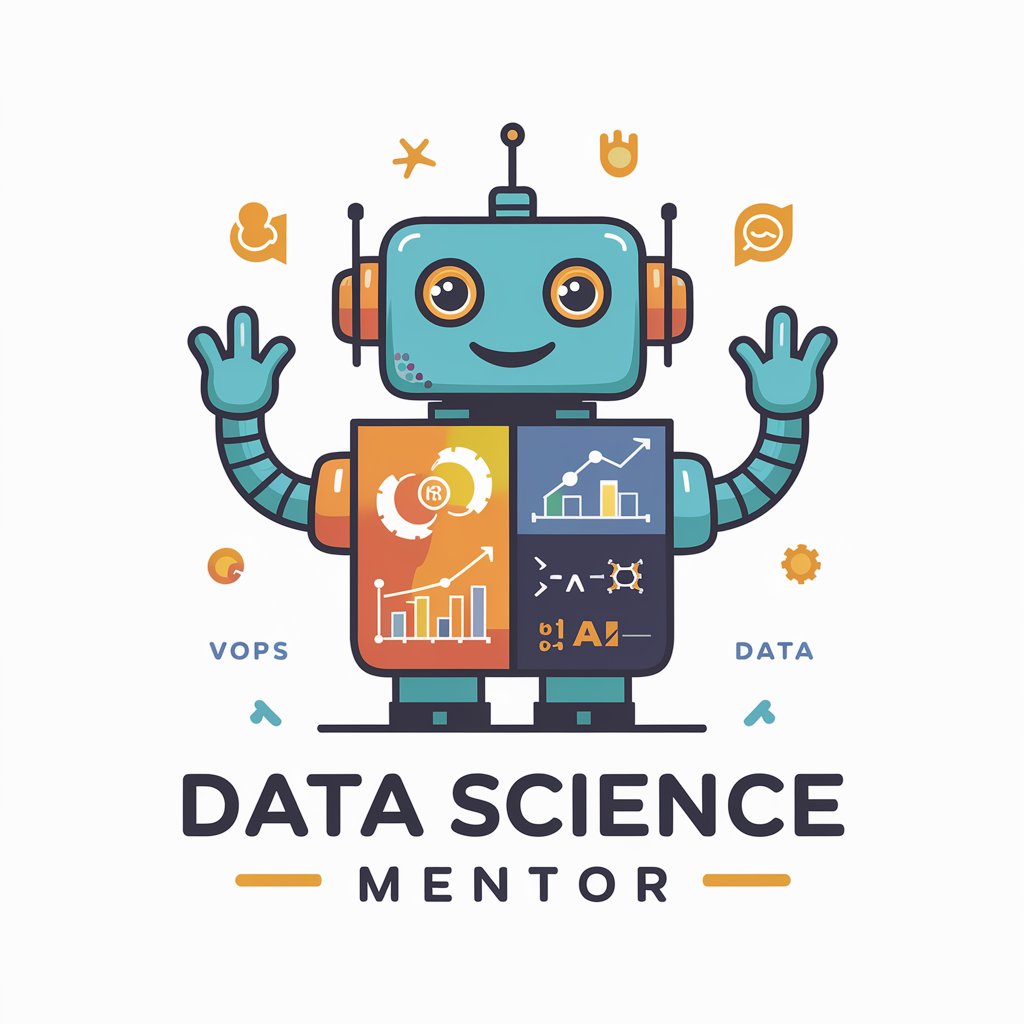
WorldData Graphix
Insightful Visualization, AI-Driven
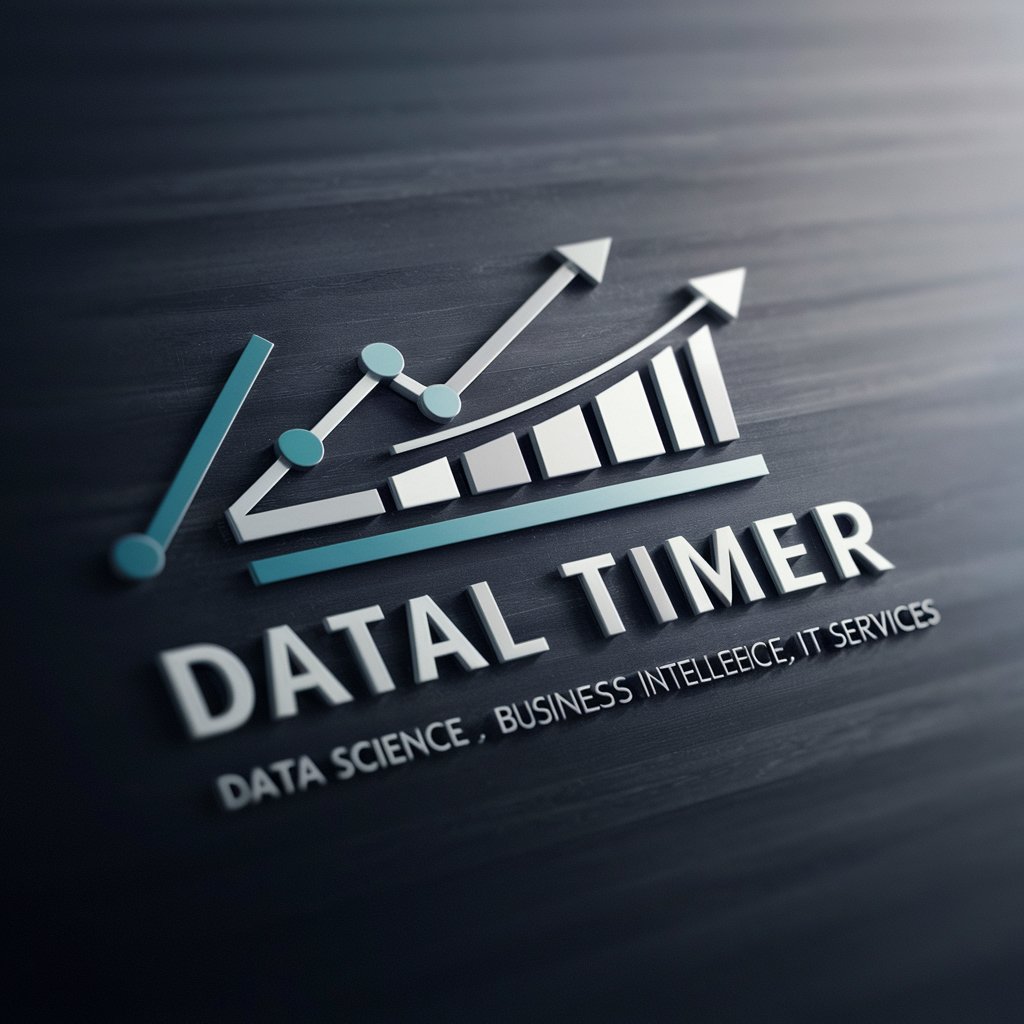
Spot the Difference
Discover the subtle differences with AI
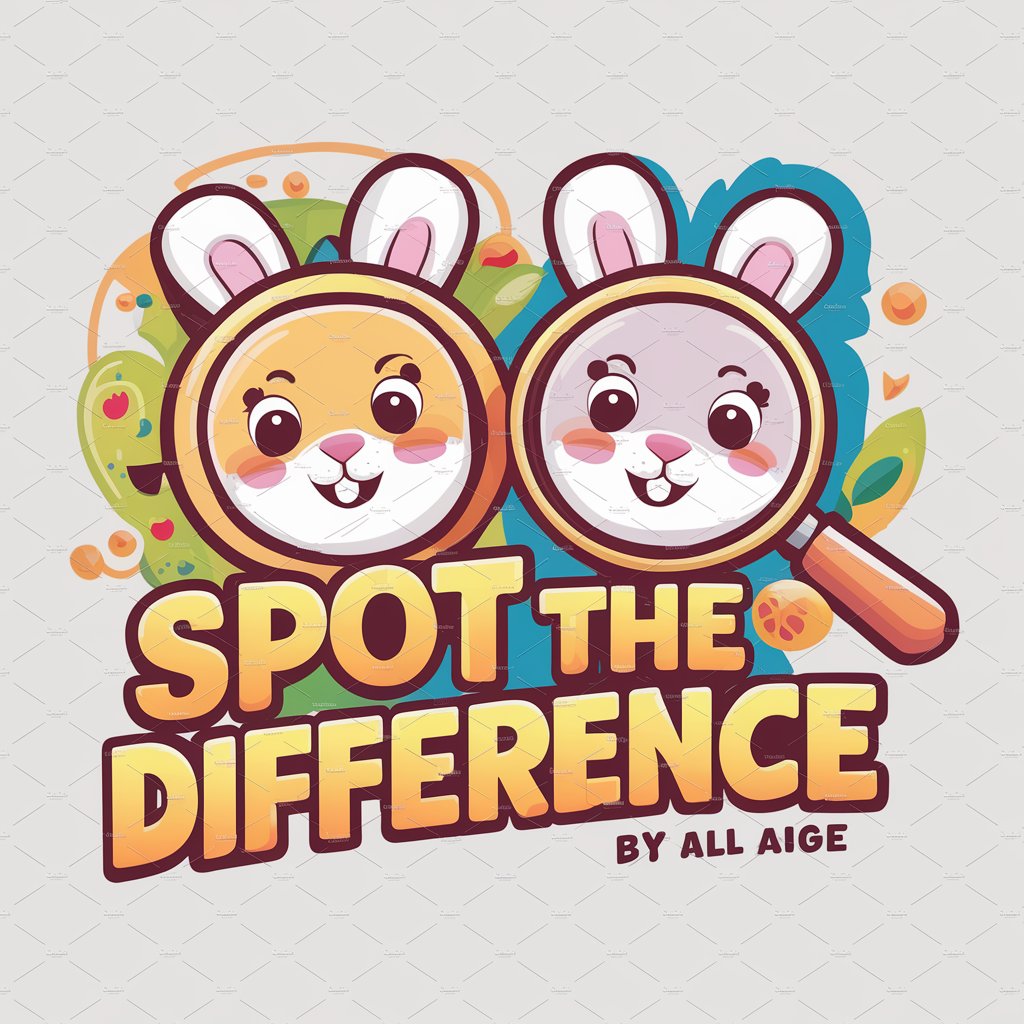
SpaceRevamp
Revamp Your Space with AI

Keto Diet
Empowering your keto journey with AI

Vegan Transition Assistant
AI-powered Vegan Transition Support

Frequently Asked Questions About Data Analyst
What types of data can Data Analyst handle?
Data Analyst is equipped to analyze a wide range of data types, including but not limited to, numerical, categorical, time-series, and textual data, across various domains such as finance, marketing, healthcare, and more.
Can Data Analyst predict future trends?
Yes, leveraging advanced analytical techniques, Data Analyst can identify patterns within historical data to forecast future trends, although the accuracy of predictions depends on the quality and nature of the data provided.
How does Data Analyst ensure data privacy?
Data Analyst processes data in a secure environment, ensuring that your data is not stored, shared, or used beyond the scope of the analysis you request. Always ensure you're following your own data governance policies when sharing data.
What makes Data Analyst different from traditional data analysis tools?
Data Analyst combines AI-powered algorithms with natural language processing capabilities, enabling it to understand complex queries, perform sophisticated analyses, and deliver insights in an easily interpretable form.
Can I use Data Analyst for academic research?
Absolutely, Data Analyst can be a powerful tool for academic researchers, assisting in data exploration, hypothesis testing, and the visualization of data trends to support research findings.
